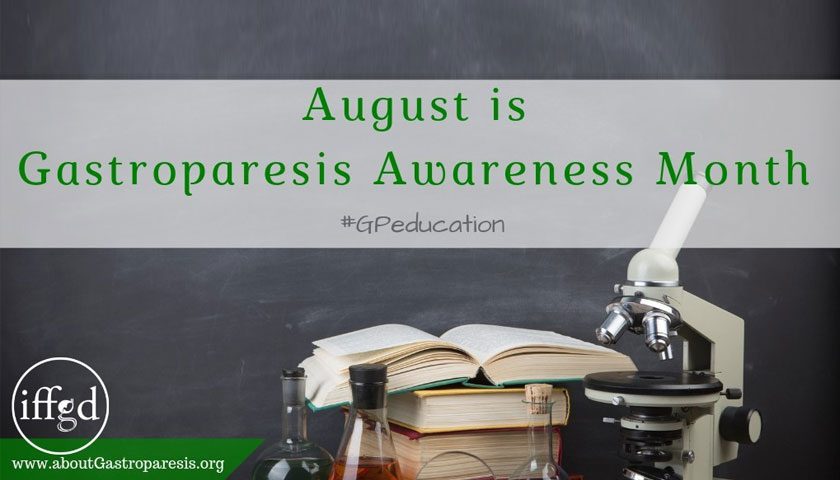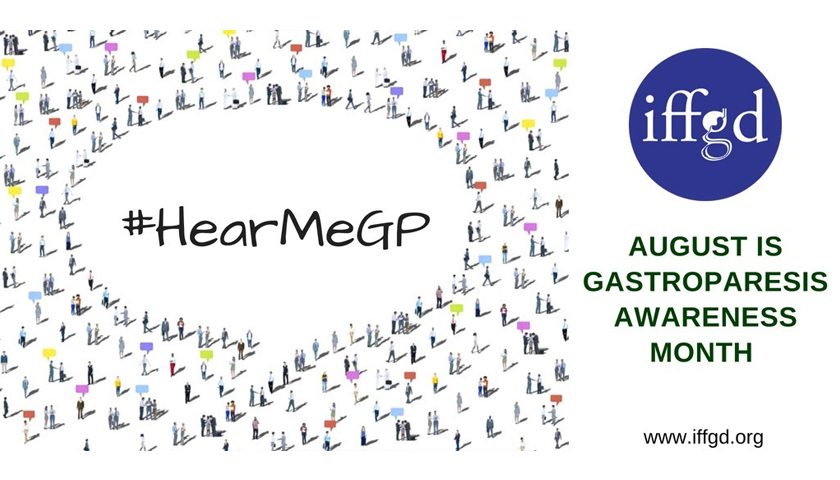Most people experience bouts of constipation from time to time. But, for millions of Americans, constipation isn’t something that just goes away.
“While common, chronic constipation remains a poorly understood condition by patients and the general public,” said Ceciel T. Rooker, President of the International Foundation for Gastrointestinal Disorders (IFFGD). “Myths and misconceptions about the causes and treatments of the condition are widespread, and those affected are often unaware that their symptoms indicate a treatable medical condition.”
December is Constipation Awareness Month. To encourage awareness and improve understanding of this often-misunderstood condition, this month, IFFGD will launch a campaign to address the “Whats,” “Hows,” and “Whys” of constipation using the hashtag #WhyConstipation.
“By answering three basic questions – “What is it?”, “How does it impact sufferers?”, and “Why raise awareness?” – we can help educate the public and encourage those affected to seek medical care for their condition,” said Ms. Rooker.
- What is constipation? While the occasional missed bowel movement is no cause for concern, long-term or recurring bowel movements that are difficult to pass, painful, infrequent, and/or seemingly incomplete describe chronic constipation, and warrant a conversation with a physician.
- How does constipation impact those affected? Chronic constipation affects up to 20% of adults and 16% of children in the United States. While common among all ages, genders, and populations, women, older adults, and non-Caucasian individuals are particularly at risk. Those affected frequently report that their symptoms interfere with their daily activities, negatively impacting their self-confidence and preventing them from fully engaging in personal and professional activities.
- Why raise awareness about constipation? Chronic constipation is a common condition, affecting millions of Americans. Yet, lack of awareness of chronic constipation as a treatable medical condition often prevents those affected from recognizing their symptoms as a treatable medical condition and seeking care. By raising public awareness during Constipation Awareness Month, we can encourage greater understanding of the condition and improve outcomes for those affected.
“Join us this month as we set the record straight about the causes, treatments, and burden of chronic constipation,” said Ms. Rooker. “The more we talk about this common but often difficult-to-discuss medical condition, the greater our ability to help those affected get back to living life unburdened by symptoms.”
Share your constipation questions with us at iffgd@iffgd.org or by phone at 1-888-964-2001 and join the constipation conversation on social media with #WhyConstipation.
For more information about chronic constipation, visit www.aboutConstipation.org.



